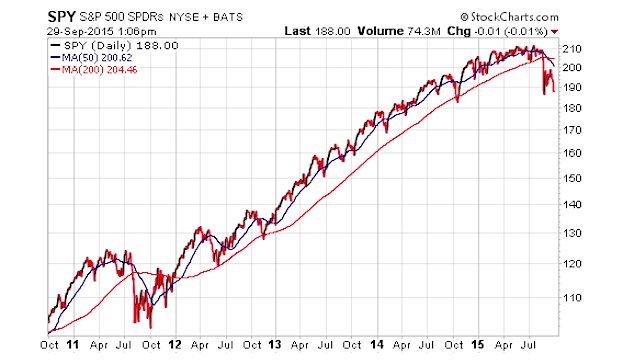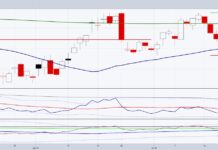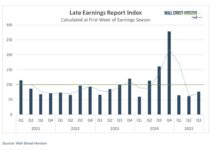Anyone that has been investing for any reasonable length of time knows that bear markets are inevitable. It’s just part of the normal cycle of capital flows that swing from risk to safety with little dependable timing or logic.
Most of the financial media and experts agree that the definition of a bear market is a drop of 20% or more from the high water mark of the stock market.
Of course, there is no way to accurately forecast when or where the next bear market will appear. Bear markets simply come and go with only hindsight as our guide as to what perceived causes led to the pernicious drop in the stock market (and your portfolio).
Right now the SPDR S&P 500 ETF (SPY) is approximately 11% off its all-time high. I think that most people would probably put that number next to “correction” in the dictionary rather than along side other famous bear markets. Nevertheless, many experts are already saying this is the big one: The first bear market since the 2008-2009 financial crisis; It’s already here and you better prepare yourself for Armageddon.
Nobody knows if the current “correction” in stocks will turn into a bear market, but it’s fair to say that investors should always be aware of their investments and market environment.
S&P 500 ETF (SPY) 5 Year Chart
If you bear with me for a moment (no pun intended), I want to lay down some thoughts as to the motivations for this sentiment.
- This may very well be the start of the next bear market, but no one knows with absolute certainty where the bottom might be or how the pattern will play out. My advice is to keep an open mind to multiple scenarios and avoid becoming overly confident in a specific outcome.
- Everyone wants to be the guy or gal who “called it”. They knew from the beginning that this time was different, and after a half-decade run, that the probabilities are favoring a down cycle. This is probably more driven by ego and self-satisfaction than trying to guide your hard earned nest egg or protect capital. Be wary of those who scream the loudest on the way down, for they are likely the ones who will be left on the sidelines as the market heads higher.
- Changes to your portfolio during a correction or bear market should be made with calculated steps. This may include selling into rallies or making subtle changes to your asset allocation in order to reduce your overall risk profile. That also means fighting the urge to capitulate on big down days or making drastic changes at inopportune times. Nothing goes straight up or straight down in a perfect sequence. The stock market does move fast, but investors have to pick your spots in order to avoid making a big mistake born out of short-term panic rather than sound logic.
The Bottom Line
I find myself fighting the same cycles of fear and greed (i.e. investor sentiment) that everyone else does. It’s simply a natural psychological reaction to get more pessimistic on the way down and more optimistic on the way up. Yet, letting those impulses translate to big shifts in your portfolio may result in taking too much risk near a top and being too conservative near a bottom.
In addition, I always find it helpful to tune out the noise of the financial pundits who thrive on this emotional roller coaster in stocks. They often don’t know anything more than you do with respect to where the market is headed and they certainly don’t know anything about your personal needs. I believe that investors should be working with an advisor or managing their own portfolio with well-defined parameters that relate to their specific situation.
Thanks for reading.
Gather more insights from David’s investment blog.
Twitter: @fabiancapital
No position in any of the securities mentioned at the time of publication. Any opinions expressed herein are solely those of the author, and do not in any way represent the views or opinions of any other person or entity.








